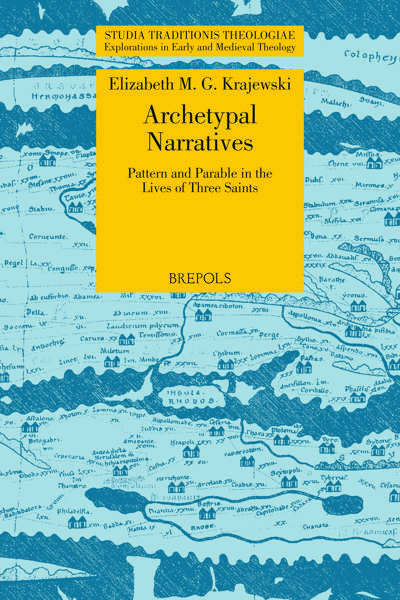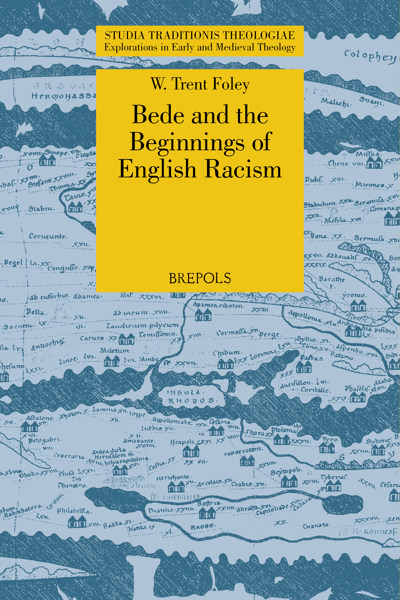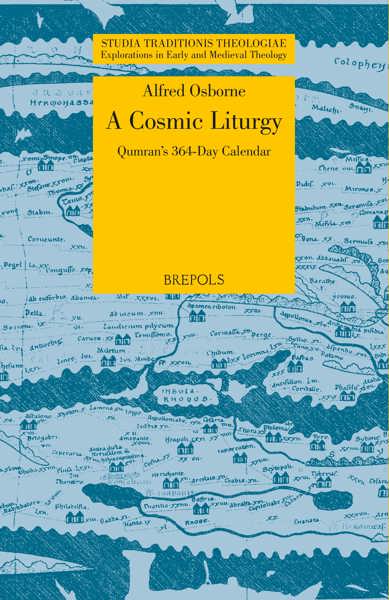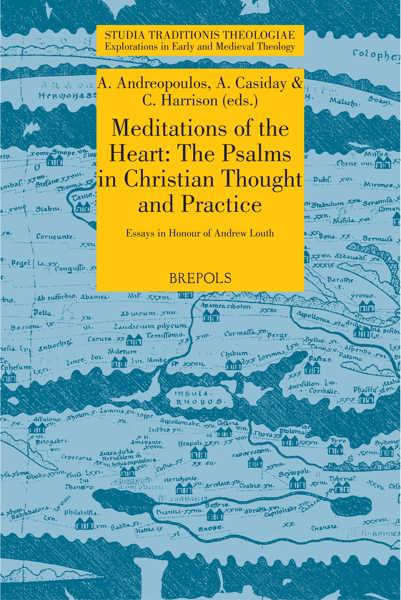
Bede and the Beginnings of English Racism
W. Trent Foley
- Pages: 221 p.
- Size:156 x 234 mm
- Language(s):English
- Publication Year:2022
- € 65,00 EXCL. VAT RETAIL PRICE
- ISBN: 978-2-503-59926-7
- Paperback
- Available
- € 65,00 EXCL. VAT RETAIL PRICE
- ISBN: 978-2-503-59927-4
- E-book
- Available
"Overall, this book is an invaluable addition to Bedan scholarship (…) While it can be granted that Bede was evidently discriminatory, (…) the term "race" here is not entirely accurate. (…) the book might serve as a launching pad to discuss Bede’s worldview and how his perspectives affected earlier readings or reinforced colonial mindsets in the field’s infancy." (Mary Rambaran-Olm, in Revue d’histoire ecclésiastique, 119/3-4, July-December 2024, p. 745-748)
“Bede and the Beginnings of English Racism is a well-designed, carefully written, and useful book. Some of the analytical choices limit its impact, but it is a welcome addition to studies of Bede as well as to medieval studies’ ongoing reckoning with both its past and its present.” (Jonathan Davis-Secord, in Speculum: A Journal of Medieval Studies, 99/3, 2024, p. 901)
« Au final, (…) il reste un livre bien informé, passionnant de bout en bout, qui démontre l’exceptionnelle qualité de l’écriture de Bède précisément à partir des interrogations soulevées par le texte et des paradoxes suscités par le comparatisme. » (Bruno Judic, dans Francia-Recensio, 3, 2023)
W. Trent Foley, Professor of Religious Studies at Davidson College in North Carolina, has studied the early English church for many years. He authored Images of Sanctity in Eddius Stephanus’ Life of Bishop Wilfrid (E. Mellen, 1992) and co-authored with Arthur G. Holder Bede: A Biblical Miscellany (Liverpool UP, 1999).
This book examines how the Venerable Bede constructs a racial order in his most famous historical writing, Ecclesiastical History of the English People, a remarkable eighth-century work known for how it combines myth and history into a compelling, charming narrative of the English conversion to Christianity. Yet Bede’s History also disturbingly deploys Scripture’s tropes and types, many of them anti-Jewish, to render unflattering sketches of some of Britain’s “races” (gentes)—especially the Britons.
To uncover the History’s characterizations of what it identifies as the British, Irish, English, and Latin races, Foley examines three of its episodes that narrate attempted conversions of the first three races— respectively—either to Christianity or to a better, more orthodox, catholic, Latin version of it. This close analysis exposes the theological dimensions of each episode’s racial constructions. Foley argues that, unlike modern conceptions of race, which are grounded in imagined biological difference, Bede’s is rooted in his perception of a particular race’s affective disposition, its habits of the heart. More than that, Bede closely ties a race’s disposition to its relative proximity to theological orthodoxy and catholicity. This book’s close reading also highlights surprising similarities between Bede’s medieval Christian discourse and modern, secular and white discourses on race.
Prologue
Chapter 1: Reading the Historia Racially and Religiously
Chapter 2: The Historia’s Latin Race as Guardians of the Universal Church
Chapter 3: Racing the Britons: The Council Type-Scene at Augustine’s Oak
Chapter 4: Racing the English: The Council Type-Scene at Edwin’s Court
Chapter 5: Racing the Ionan Irish: The Council Type-Scene at the Synod of Whitby
Chapter 6: The Historia and its Legacy of Racist Discourse




